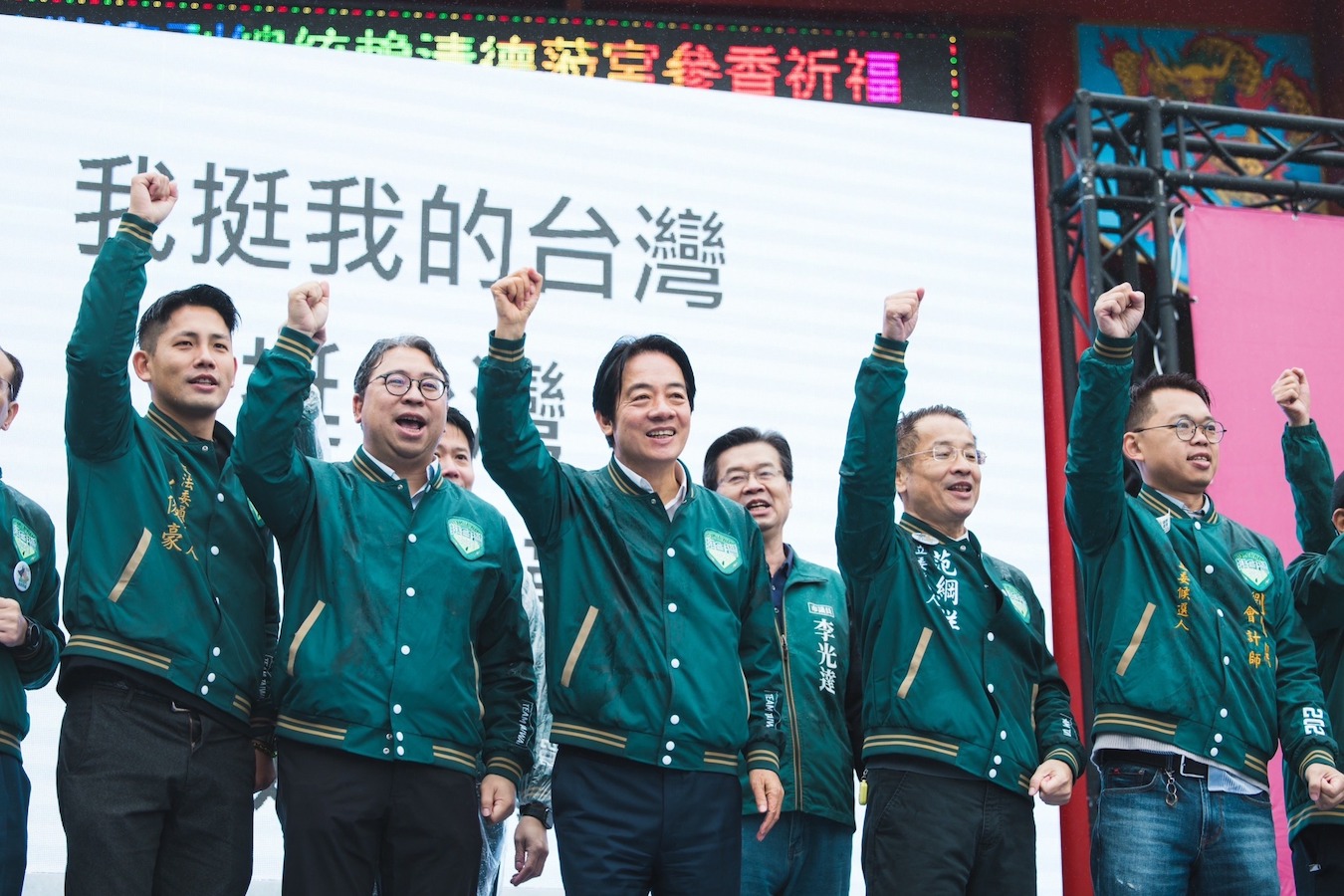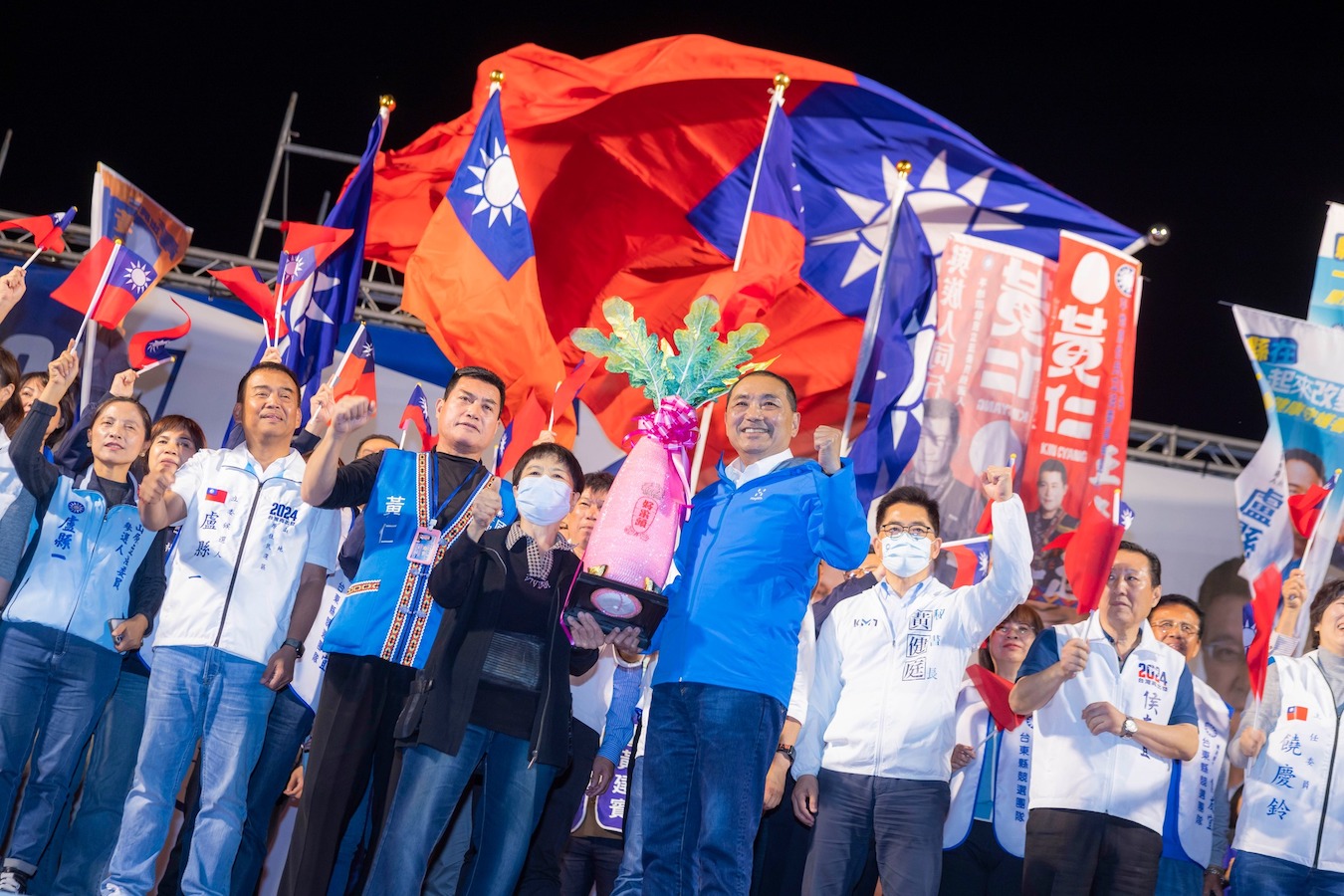by Brian Hioe
語言:
English
Photo Credit: LiCheng Shih/WikiCommons/CC BY 2.0
CHINA HAS AGAIN sought to pressure Taiwan through economic means ahead of the upcoming election. This has taken the form of a carrot-and-stick approach as of late, however, with China announcing that tax concessions for twelve chemical compound imports will be suspended.
This includes products such as butadiene, isoprene, meta-xylene, dodecyl benzene, chloroform, chloroethylene, ethylene propylene copolymer, orthoxylene, paraxylene, propylene, and other olefin polymers. China claims that this occurs due to Taiwan’s violations of the Economic Cooperation Framework Agreement (ECFA), which was inked under the Ma administration.
China announced last week that a probe into whether Taiwan was violating the provisions of the ECFA would be extended until January 12th–the day before Taiwanese presidential elections. This was accused by the Taiwanese government of being a politically motivated move by China, with efforts to suggest that China would economically retaliate against China if Taiwanese voters vote for the historically pro-independence-leaning DPP.
 DPP presidential candidate Lai Ching-te (center). Photo credit: Lai Ching-te/Facebook
DPP presidential candidate Lai Ching-te (center). Photo credit: Lai Ching-te/Facebook
At the same time, however, China announced that grouper imports from Taiwan would be allowed to resume if they came from certain companies. Grouper imports have been banned since June last year. While it is a question why China will allow grouper imports from certain companies, the Fisheries Agency has stated that it will not send investigators to farms to investigate the matter.
As representatives of China’s Taiwan Affairs Office claimed that this lifting of a ban occurred due to the “1992 Consensus” without offering much in the way of clarification, this seems to be part of China’s carrot and stick approach, then.
China’s bans on agricultural products including grouper–raised through aquaculture–pineapples, custard apples, wax apples, and iconic snacks, alcohols, and beverages such as Kuai Kuai, Taiwan Beer, etc., were seen as an attempt to pressure Taiwanese farmers and industry groups into voting for the KMT. Indeed, farmers have long been seen as a demographic that supports the KMT. This occurs not only because of hopes of entering the lucrative Chinese market, but also because of the KMT’s historic control of irrigation associations that control the flow of water to fields and agricultural associations that distribute produce.
Farmers have feared being shut out of the networks that they need to sell their produce and that their fields would literally dry up as a form of political retaliation by the KMT. As such, this is why the DPP made moves to nationalize irrigation associations under the Tsai administration.
 KMT presidential candidate Hou You-yi (center). Photo credit: Hou You-yi/Facebook
KMT presidential candidate Hou You-yi (center). Photo credit: Hou You-yi/Facebook
It is more of a question as to why the end of the preferential tax concessions for the chemical compounds was announced in a similar timeframe to the lifting of the grouper ban. As the grouper ban would get more public attention, as a more recognizable product, it is probable that China hoped for this lifting of the ban to overshadow the chemical ban. In this way, China would come off as relenting on past measures, rather than imposing new ones.
Yet China may still intend for industry actors to be conscious of China’s potential to economically retaliate in the event of a DPP victory through the end of the tax concessions for the chemicals. Still, one notes that China has mostly targeted products with high symbolic value that it can substitute from elsewhere rather than intermediate products that it depends on for its own supply chains. It is to be seen if China intends to escalate in any form going forward.
Certainly, the KMT has leveraged on China’s actions, continuing to frame itself as the only political party in Taiwan able to maintain stable cross-strait relations and the DPP as provocative of China. The KMT has continued to claim that only it can conduct exchanges with China, while also arguing for a return to past policies involving economic engagement. In the meantime, the KMT has also sought to target the DPP for its calls to reduce economic dependency on China, suggesting that the DPP politicians also have economic links to China. It is to be seen whether this impacts voters, however.

